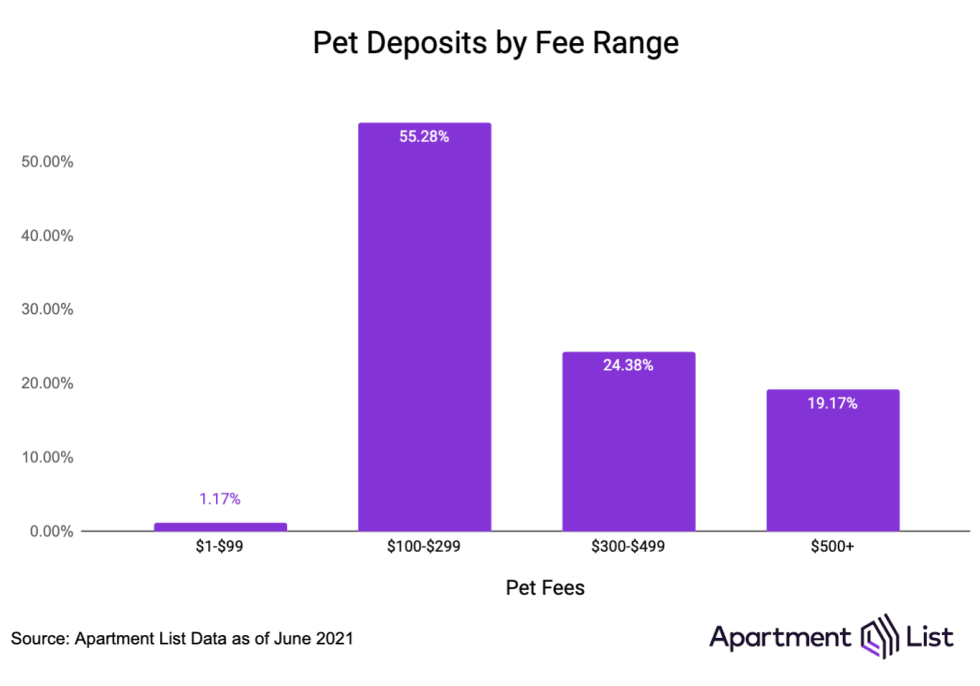South Bank at Quarry Trails
- 91 units available
- Studio • 1 bed • 2 bed • 3 bed
- Amenities
In unit laundry, Patio / balcony, Granite counters, Pet friendly, Stainless steel, Walk in closets + more

For most people, your pet is family. You love them, walk them, feed them, play with them. They share your house, and sometimes your bed (which you let them do, even if it means you only get a small sliver of sleeping space). So when it comes time to move, you want to make sure you are as prepared as possible to find the ideal new home for you and your best friend. Knowing legally what to expect as a pet owner will ensure that you, your pet, and your landlord are happy once you finally decide on your new home. Here are the most common pet policies and regulations to ensure that your move is not only smooth but also within the law.
@apartment_list Looking for an apartment with a pet? @imaniathome has some tips! #apartmentlist #learnontiktok #petfriendly #dogtok #lifewithdogs #renting #apt ♬ original sound - Apartment List
Let’s be honest, your pet determines 99% of your decisions, especially when it comes to where you live. You are not going to move somewhere if your best friend can’t come with you. We recommend reviewing this clause as soon as you are interested in applying to a place to make sure there are no hidden surprises in the fine print. Breaking a pet clause can be serious, and even lead to evictions, which can impact your credit and therefore your ability to rent in the future.
Landlords have a right to limit certain breeds, pet weight, and the number of pets a renter can have. If your pet is restricted by the pet clause, talk to the landlord before passing on a place. While you never want to sneak a pet in (this can get you evicted), you may be granted an exception. Make sure to get your exception in writing, so there is no uncertainty about the legality of your pet. However, if you only get verbal confirmation, this may be enough to stand up in court. But since you probably don’t want to have to hire a lawyer just to prove you can live with your best friend, get evidence of your permission.
Even if there are no restrictions, a gaggle of fuzzy friends may not be legally allowed. Most cities limit the number of pets you can have to 3-4 per household. More than that and you could be charged with “pet hoarding”, which can be a felony.
Just because Rosie down the hall has an adorable doodle doesn’t mean your Chihuahua or bearded lizard is guaranteed to be allowed. In fact, even your doodle may not be okay. Landlords reserve the right to refuse any pet as long as it’s not a service animal. IMPORTANT: As long as your landlord isn’t using your pet to discriminate against you, they are within legal bounds.
Look out for these common elements of the pet clause, as they can have a financial impact:
A monthly charge that covers your pet being in a rental, in addition to your “people” rent.
A refundable deposit that you’ll get back after your lease ends, unless there is any damage caused by your pet (hello gnaw marks on the stairs).
40% of apartments that are pet-friendly require a deposit. The average pet deposit is $287.

Different states have regulations on how much of a deposit can be charged - learn about your state’s deposit regulations here.
Different than a deposit in that you don’t get this back. You can think of it as "the price of admission" for your pet to live with you.
IMPORTANT: According to the Fair Housing Act (FHA), service animals are not subject to pet rent, fees, deposits and restrictions.
They are also different than emotional support animals. According to the Americans with Disabilities Act (ADA), service animals are dogs that are individually trained to do work or perform tasks for a person with a disability. Service animals are not required to be professionally trained or have any certification or identification. While your landlord is not allowed to request any documentation to prove that your pup is a service animal, they can ask whether your dog is a service animal required because of a disability and what work or task your dog has been trained to perform. Never claim that a dog that is not a service animal is, including putting a service animal vest on your pet, as this can lead to serious penalties. Plus, it is a disservice to people who actually need service animals.
If you’ve moved to a new city, you need to relicense your pet. This is super important to keep your fur baby safe, as unlicensed dogs usually get euthanized sooner in shelters than licensed ones.
Licensing your pet is not only required in most cities and counties, but you’re subject to a big ol’ fine (upwards of $500) if you get caught with an unlicensed pet. The good news? Securing Fifi or Fido a license is easy to do online for approximately $20. Even better, if your pet is neutered or spayed, you might get a discount! Local governments may even waive the fee entirely for the disabled and senior citizens.
We hoped that armed with this guide you’ll know what you need to ask about, legally, before moving into a new place with your pet. No pet parent wants to be caught off guard and find out their baby isn’t allowed, or is going to cost them a fortune to rent with, right before moving into a new place. Being prepared will help the process of moving go much smoother, letting you focus your energy on playing fetch and giving treats. Please remember, while we extensively researched our answers above, always make sure to double check your local laws and regulations!

In unit laundry, Patio / balcony, Granite counters, Pet friendly, Stainless steel, Walk in closets + more
In unit laundry, Hardwood floors, Dishwasher, 24hr maintenance, Stainless steel, Walk in closets + more